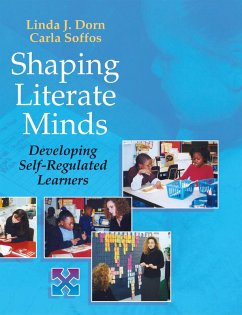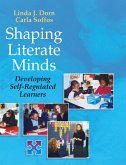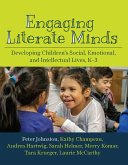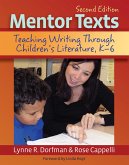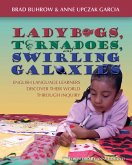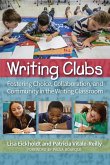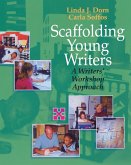How can teachers create a literacy curriculum that builds processing links between reading, writing, and spelling knowledge? In Shaping Literate Minds: Developing Self Regulated Learners , Linda J. Dorn and Carla Soffos illustrate how processing theory can be applied to the everyday practices of classroom teaching. If instruction emphasizes the interrelationships of these three language areas, students learn how to transfer knowledge, skills, and strategies across literacy events. This is complex theory, but the authors provide clear and practical examples to support teachers as they incorporate these ideas into their classroom practices. Grounded in authentic experiences from primary classrooms, this book provides: Explanations of processing behaviors among reading, writing, and spelling knowledgeObservational tools that support teachers in noticing changes over time in specific literacy behaviorsGuidance on creating conditions for developing self-regulated learnersAuthentic reading and writing samples and teacher/student interactionsFigures and pictures that clearly describe how teachers can use assessment to inform and guide instruction, with links to national standardsDetails for establishing a school-based literacy model that includes team meetings, assessment walls, high standards, and a curriculum for literacyAppendixes with reproducible assessment checklists, report cards, task cards for literacy corners, and guided reading observation forms for team meetingsWith a national emphasis on accountability, high standards, and literacy achievement, Shaping Literate Minds will help teachers and administrators implement a high-quality literacy curriculum that links to national and state goals.
Dieser Download kann aus rechtlichen Gründen nur mit Rechnungsadresse in A, B, BG, CY, CZ, D, DK, EW, E, FIN, F, GR, HR, H, IRL, I, LT, L, LR, M, NL, PL, P, R, S, SLO, SK ausgeliefert werden.

